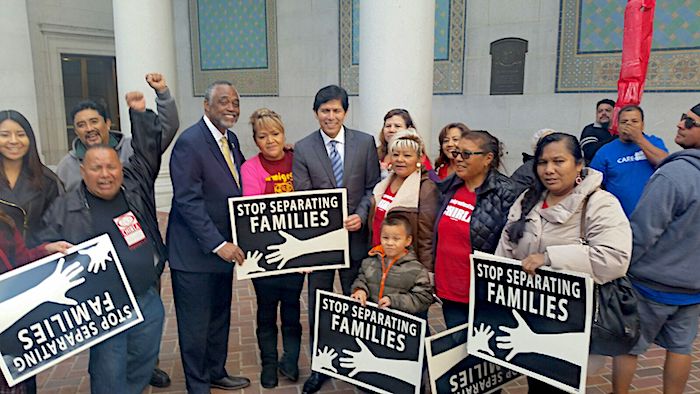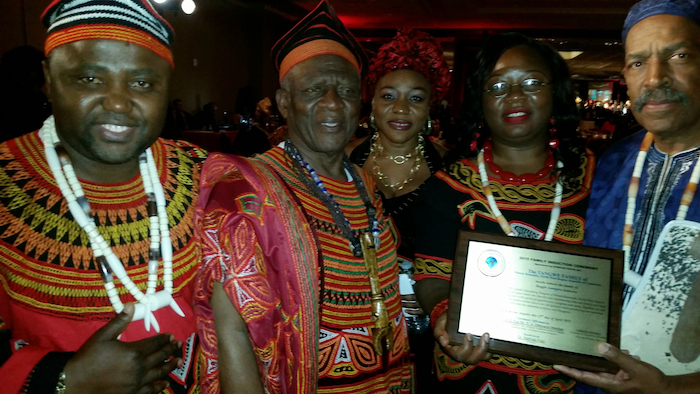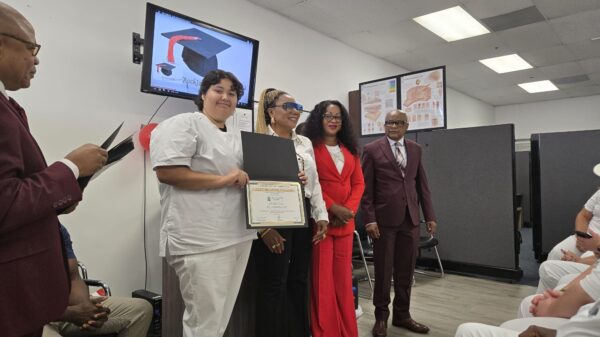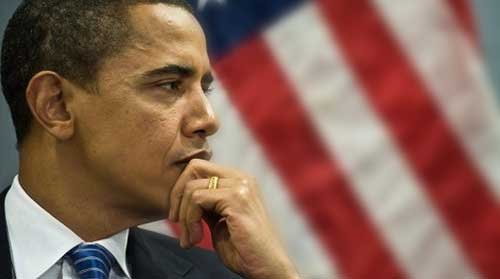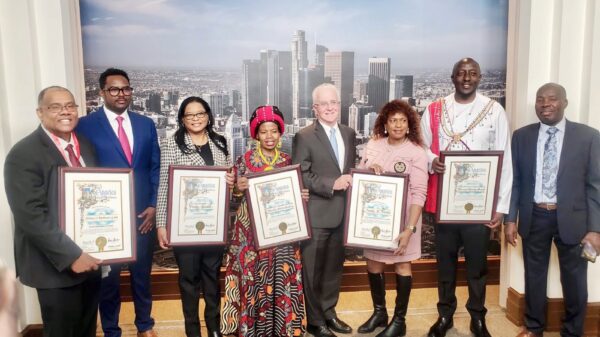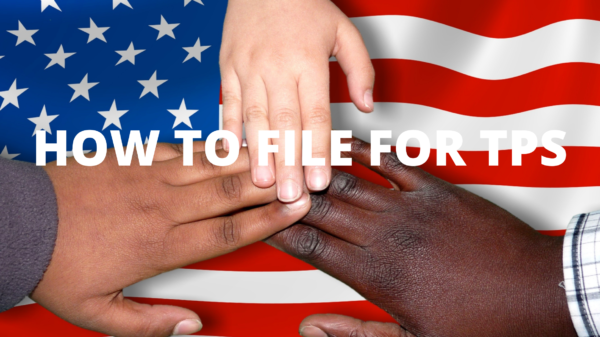AI Image
Federal appeals court strikes down executive order targeting U.S.-born children of undocumented immigrants, upholding the 14th Amendment
It begins in hospital rooms across the country—in the early morning light, in cities and small towns, where immigrant mothers cradle their newborns and whisper prayers into soft tufts of hair. They have journeyed far, carrying hopes heavier than their suitcases, dreaming not just of safety but of opportunity. In those sacred first moments, they imagine futures unburdened by the fear and precarity that shaped their own paths.
For these families, birth on American soil is more than geography. It’s a promise—of belonging, of possibility, of a nation that sees their children not as strangers, but as citizens.
On July 23, 2025, the Ninth U.S. Circuit Court of Appeals affirmed that promise. In a landmark 2-1 decision, the court struck down former President Trump’s Executive Order 14160, which aimed to deny birthright citizenship to children born in the U.S. to undocumented immigrants or those with temporary visas. The majority ruled the order “invalid because it contradicts the plain language of the Fourteenth Amendment.”
For thousands of immigrant families, the ruling was not just a legal win—it was a deeply personal vindication. It said: your children belong. They are Americans.
The Law That Held the Line
The Fourteenth Amendment to the U.S. Constitution, ratified in 1868, states clearly: “All persons born or naturalized in the United States, and subject to the jurisdiction thereof, are citizens.” This principle, known as jus soli, or right of the soil, has been a bedrock of American identity for over 150 years. Legal precedent—including the landmark 1898 Supreme Court case United States v. Wong Kim Ark—has consistently upheld this promise, ensuring that citizenship is granted at birth regardless of parents’ immigration status.
Trump’s Executive Order 14160 attempted to reinterpret the phrase “subject to the jurisdiction thereof,” excluding children born to undocumented or temporary-status parents. It was an unprecedented move, sparking outrage among civil rights groups, immigrant advocates, and constitutional scholars alike.
The order was immediately challenged in federal courts by a coalition of states—Washington, Oregon, Illinois, and Arizona among them—and advocacy organizations. Federal judges swiftly blocked its implementation through nationwide injunctions. But it wasn’t until the Ninth Circuit’s July decision that the order was formally declared unconstitutional by an appellate court.
Real Lives, Real Stakes
For families in cities like Chicago, Los Angeles, and Seattle, the legal jargon boils down to one question: can our children grow up with the same rights as anyone else born here? Many immigrant parents recall their own arrival in the U.S. filled with uncertainty, and now they watch their American-born children navigate the promise and tension of growing up in a country that sometimes questions their place in it.
For one school counselor, born in the U.S. to student parents, the ruling offers “a measure of peace” that his nieces and nephews won’t have their futures held hostage by political tides.
A nurse on a temporary visa, working in Washington State, sees the ruling as a win for maternal health, too. “I work with immigrant women giving birth every week. The fear they carry—it’s palpable. This gives them something solid.”
Constitutional Clarity in Contentious Times
The ruling arrives amid growing national debate over immigration and citizenship. The Supreme Court recently ruled that nationwide injunctions like those initially used to block EO 14160 should be more limited. But in a twist, a New Hampshire judge issued a national class-action injunction earlier this month, ensuring continued protection for children born in all 50 states.
Even Judge Patrick Bumatay, who dissented in the Ninth Circuit decision, did not defend the constitutionality of the executive order. His objection focused on procedural standing—not the substance of the Fourteenth Amendment.
Judge Ronald Gould, writing for the majority, reaffirmed that only Congress—not the Executive Branch—has the authority to alter the meaning or scope of constitutional provisions.
The Sapling and the Soil
In many cultures, a child’s birth is symbolized by planting a tree—a sapling set in soil that will nourish it for life. For immigrant families, the U.S. Constitution is that soil, and birthright citizenship is the promise that their children will grow sturdy and secure.
The Ninth Circuit’s ruling is rain after a long drought. It reminds us that in a nation of laws, rights are not granted at whim—they are protected with purpose.
Looking Forward
This case may yet find its way to the Supreme Court. But for now, families across the nation have reason to celebrate. They know that their children’s citizenship is not a gift to be revoked but a right that can be defended.
For immigrant parents and caregivers, the ruling affirms something more profound than legal language—it tells them their place in this country is not conditional. It’s constitutional.
#BirthrightCitizenship #ImmigrantFamilies #14thAmendment #LegalVictory #ImmigrantJustice #AmericaBelongs #JusSoli #ImmigrantVoices


